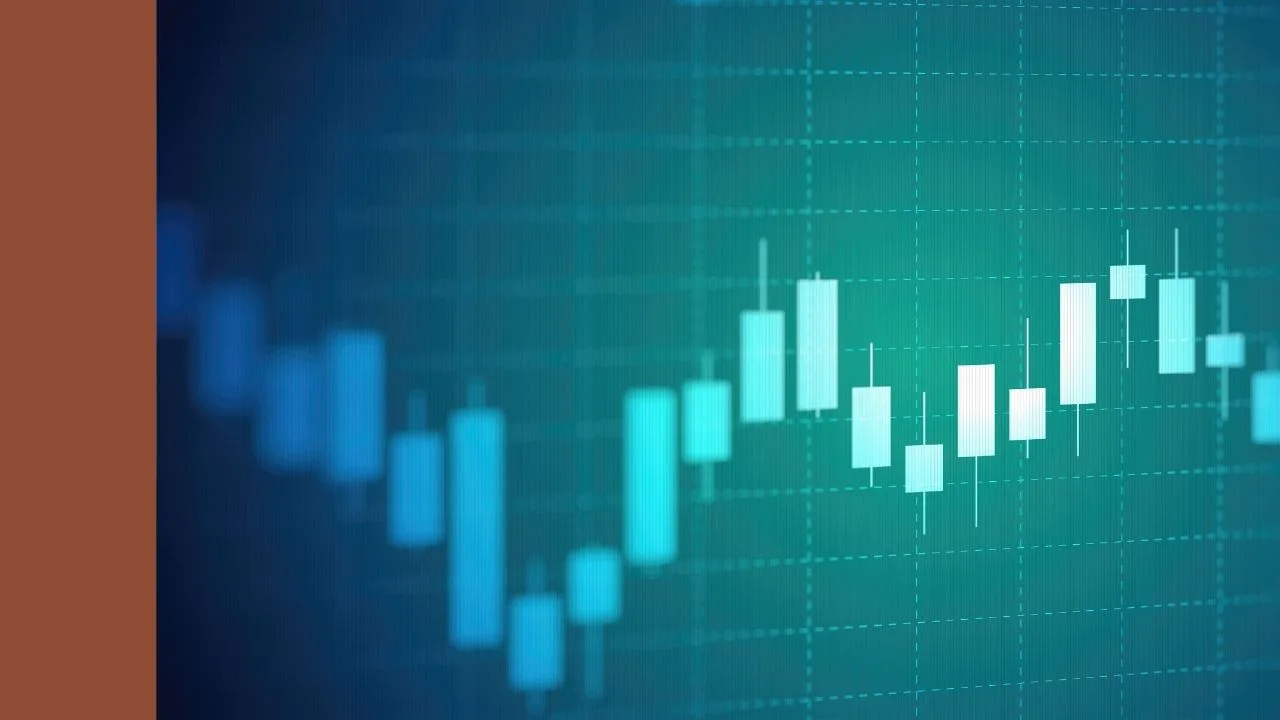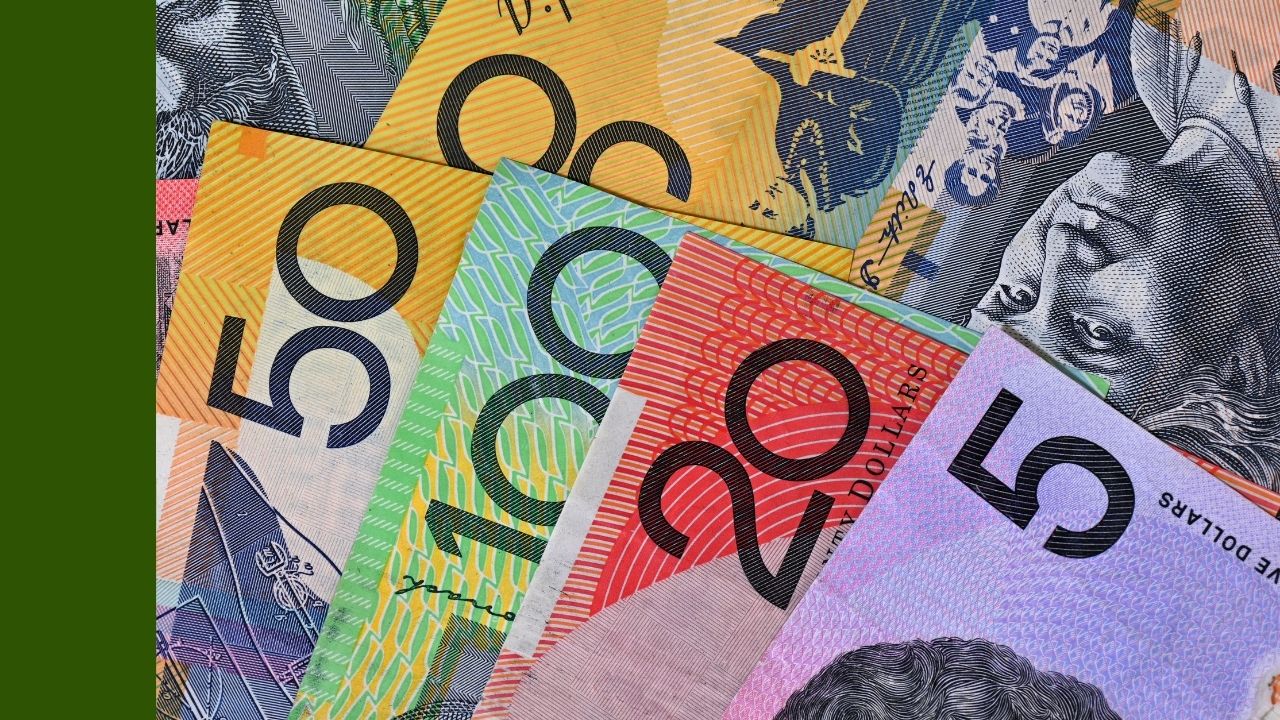COL share price in focus
Coles is an Australian retailer providing customers with everyday products including fresh food, groceries, general merchandise, liquor, fuel and financial services. It was founded in 1914 in Victoria which it still calls its home base.
Coles was formerly owned by conglomerate Wesfarmers from 2007 until 2018, when it was spun-off and listed as a separate entity on the ASX under the ticker symbol ‘COL’. Coles’ earnings are dominated by the supermarkets side of the business, however, it partly or fully owns or operates adjacent businesses like flybuys, Liquorland, First Choice, Vintage Cellars, Coles Express and more.
While Coles is in a way the ‘little brother’ to Woolworths, it still controls a significant share of the Australian grocery market (about 28%). In its short time as its own listed entity, Coles has established itself as a handy and reliable dividend payer.
The case for Consumer staples
The S&P/ASX200 Consumer Staples Index (ASX: XSJ) has delivered -0.29% per year of capital growth over the last 5 years. That compares to the average of all ASX sectors of 3.91% over the same period. Let’s take a look at why you might want a consumer staples company like COL in your portfolio.
Big dividends
While these types of companies might not be known for high growth, what they are known for is being solid dividend payers. Over the last 5 years the COL dividend yield has averaged 3.76% per year.
The reason that they’re able to pay consistent dividends relates to reason number 2 that investors love consumer staples companies…
Recession-proof
Ok, they may not actually be ‘recession proof’ but consumer staples companies definitely have an advantage over other sectors during downturns. By definition the products that they sell are staples, like food, beverages, and household products.
When a recession hits and consumers look to cut their spending, it’s always the discretionary spending that’s the first to go. Staples are a little more resilient, and so you’d expect a consumer staples company like COL would hold up a bit better than others when things get tough.
Less volatility
The third advantage that consumer staples companies have is their low(ish) volatility. Because, like we said, their products are always in demand, these businesses don’t tend to be cyclical.
A commodity or resource company can be the victim of fluctuating market prices and seasonal downturns, but companies like Woolworths or Coles tend to have a bit more pricing power because of their market share and the consistent demand. So, growth may be lower than other sectors, but so is the volatility.
COL share price valuation
One way to have a ‘fast read’ of where the COL share price is, is to study something like dividend yield through time. Remember, the dividend yield is effectively the ‘cash flow’ to a shareholder, but it can fluctuate year-to-year or between payments. Currently, Coles Group Ltd shares have a dividend yield of around 3.75%, compared to its 5-year average of 3.76%. Put simply, COL shares are trading below their historical average dividend yield.
The Rask websites offer free online investing courses, created by analysts explaining things like Discounted Cash Flow (DCF) and Dividend Discount Models (DDM). They even include free valuation spreadsheets! Both of these models would be a better way to value the share price.






